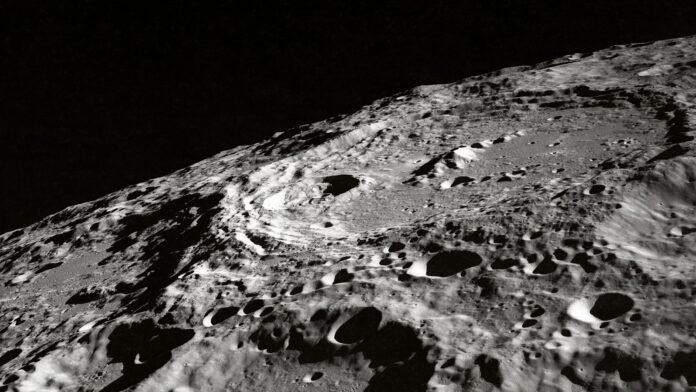You might think lunar dust would be a serious hazard, especially for anyone planning to live or work on the Moon. After all, it’s not every day you swap Earth’s air for a landscape coated in what looks like fine, grey powder. But recent research from Australia is changing the conversation about just how dangerous Moon dust really is.
A team from the University of Technology Sydney set out to answer a question that’s been floating around since the Apollo missions: what happens if you inhale Moon dust? Their findings, published in Life Sciences in Space Research, suggest that while lunar dust isn’t exactly a breath of fresh air, it’s probably less harmful than some of the pollutants we deal with back home.
Can humans inhale moon dust?
To test this, the scientists created artificial lunar dust particles, mimicking the size and shape of what astronauts might actually breathe in. They then exposed human lung cells to these simulated particles in the lab. The results? Moon dust can certainly irritate your airways, expect some sneezing or coughing if you get a face full of it. But it doesn’t seem to cause the kind of long-term damage linked to toxic dusts like silica, which can lead to serious lung diseases such as silicosis.
Michaela Smith, a graduate student at UTS and the study’s lead author, in a statement, explained that while lunar dust might cause short-term discomfort, it doesn’t appear to put astronauts at risk of chronic illnesses. “Any dust, if you inhale it, you’ll sneeze, cough, and have some physical irritation,” Smith said. “But it’s not highly toxic like silica, where you end up with silicosis from being on a construction site for 10 years. It’s not going to be something like that.”
This is good news for NASA’s Artemis missions, which aim to establish a long-term human presence on the Moon. If lunar dust had turned out to be as dangerous as some feared, it would have been a major obstacle for future explorers. Instead, the research suggests that while Moon dust isn’t exactly harmless, it’s not a dealbreaker for living and working on the lunar surface.
Coauthor and UTS scientist Brian Oliver added that the findings help build the safety case for returning humans to the Moon. “The results contribute to the safety case for returning humans to the Moon,” he said.
If you ever found yourself on the Moon and tempted to inhale some dust, would it be a bad idea? According to researchers, you probably wouldn’t be seriously harmed, but that doesn’t mean it’s a good idea. You might experience some irritation, but you’re unlikely to face the long-term health problems that come from breathing in toxic dust on Earth.
Overall, the findings are reassuring for astronauts and anyone interested in space travel. While Moon dust might not be pleasant to breathe in, it’s not as dangerous as people once feared.


